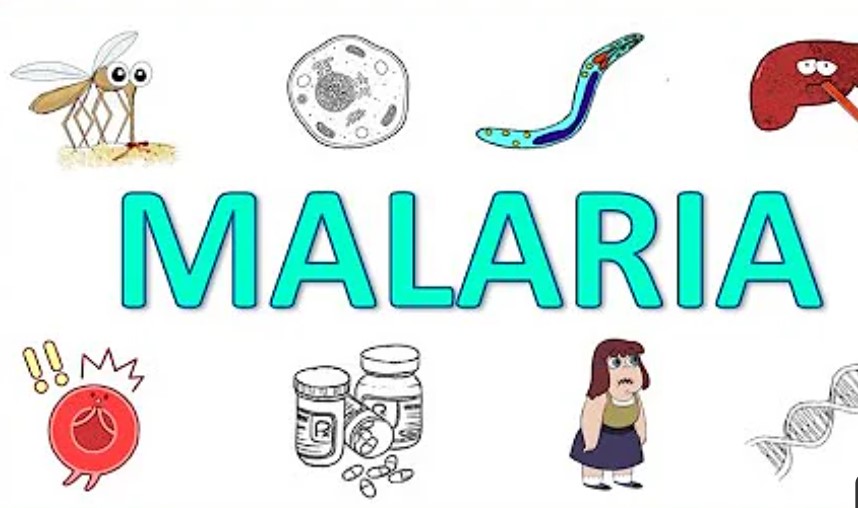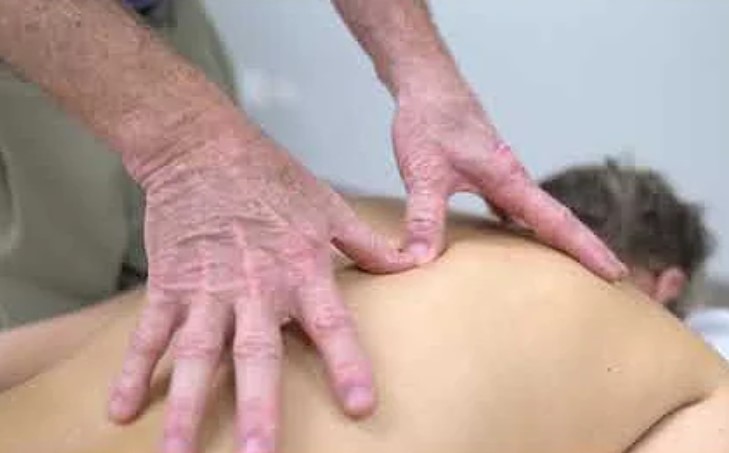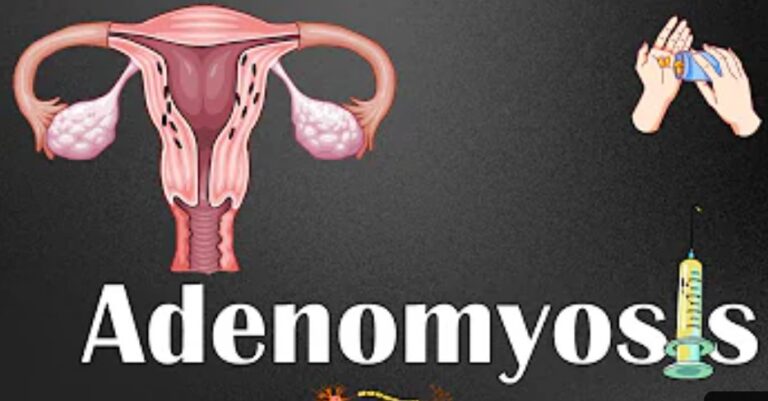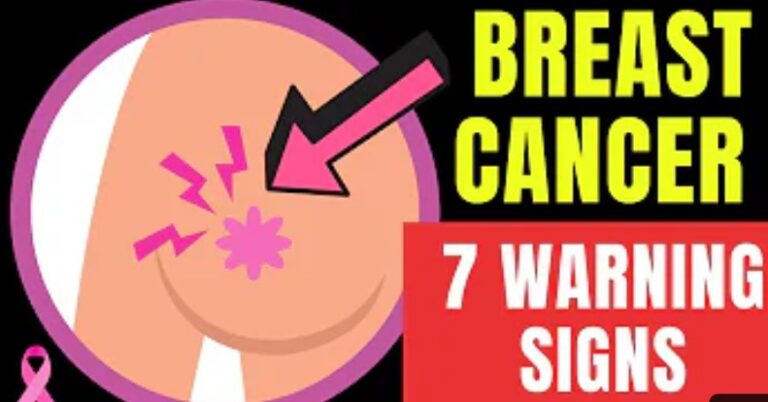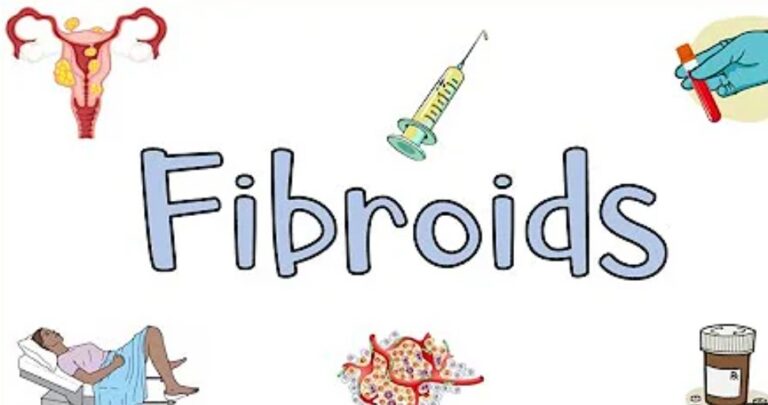Malaria: Causes, Symptoms, Prevention, Treatment
Malaria is a very common medical illness in our environment. Yet, despite efforts to eradicate it, it is still the greatest killer, especially of mothers and children (under five years of age).
Sadly, Nigeria is responsible for about 27% of all malaria cases worldwide and 24% of all deaths resulting from malaria, despite Malaria being both Preventable & Treatable. Hence, this is a very important disease in our region.
Over 90% of the Nigerian population is at risk of Malaria. Those who are at the most risk are
- children under 5 years of age,
- Pregnant women
- immune-compromised individuals: e.g., diabetics
- the elderly.
What is Malaria
Malaria is a disease caused by a parasite known as Plasmodium.
This parasite is transmitted through mosquito bites. Mosquitoes are very common in our environment, particularly in areas of poor environmental sanitation.
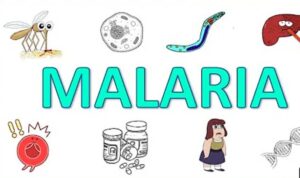
Cause of Malaria
The organism responsible for malaria attacks in our environment is a parasite called Plasmodium falciparum. There are other types, but they are not common here.
This organism is spread through the bite of female mosquitoes (which are very abundant in our environment) due to poor environmental sanitation policies.
Symptoms of Malaria
This depends on of the Malaria is uncomplicated or complicated severe Malaria. Symptoms of uncomplicated Malaria include:
- Fever.
- headache,
- chills (shaking & sweating),
- general weakness (cannot do anything)
- Vomiting (both after eating or without eating)
- loss of appetite (even to eat favourite food)
- profuse sweating
- Joint pains
- Young children may experience abdominal pain, vomiting, poor feeding, and diarrhoea.
For Complicated Malaria: This is when Malaria has been left for a long time without treatment & now causing complications. In addition to the above-listed symptoms, the person would have any of the following:
- Generalized weakness or inability to sit, stand or walk without support. This is known as Prostration.
- Confusion or drowsiness or coma.
- Difficulty in breathing or having short deep breaths.
- Multiple convulsions
- Circulatory collapse (shock)
- Abnormal bleeding
- Jaundice (yellow colouration of the eyes due to the parasite destroying our blood cells leading to severe anaemia). A transfusion would be needed.
Diagnosis Of Malaria
To confirm Malaria, you can do a simple Rapid Diagnostic Test (RDT) at any hospital closest to you.
Treatment of Malaria
Anyone with Malaria, especially severe Malaria, should be taken to the hospital.
Treatment of Malaria is in line with the National Treatment Guidelines, which say;
- ACTs- AL (Artemeter & Lumefantrine) & AA (Artemeter Amodiaquine) for uncomplicated malaria.
- Injection Artesunate for severe Malaria
- Pregnant women less than 16 weeks should be given quinine and clindamycin for uncomplicated malaria and injection artesunate
for complicated Malaria.
Prevention of Malaria
Prevention strategies are aimed at preventing mosquito bites & eradicating mosquitoes from our environment. They include;
- Use of Mosquito nets (insecticide-treated is preferable).
- Environmental Sanitation: Throwing away containers, broken pots, and new tires where water collects, and mosquitoes breed.
Cutting grasses around the house and community
Putting window nets
Covering containers used to store water
Filling up potholes and pools of water that don’t flow
Regulating water-holding plants and other water reservoirs - For Pregnant Women: it is recommended that they commence antenatal, during which they receive at least three doses of IPT after 20 weeks. Presently, the most effective drug for IPT is sulfadoxine-pyrimethamine (SP) (Fansidar).
Help spread awareness about Malaria, the greatest killer in our environment. It is both Preventable and Treatable.
